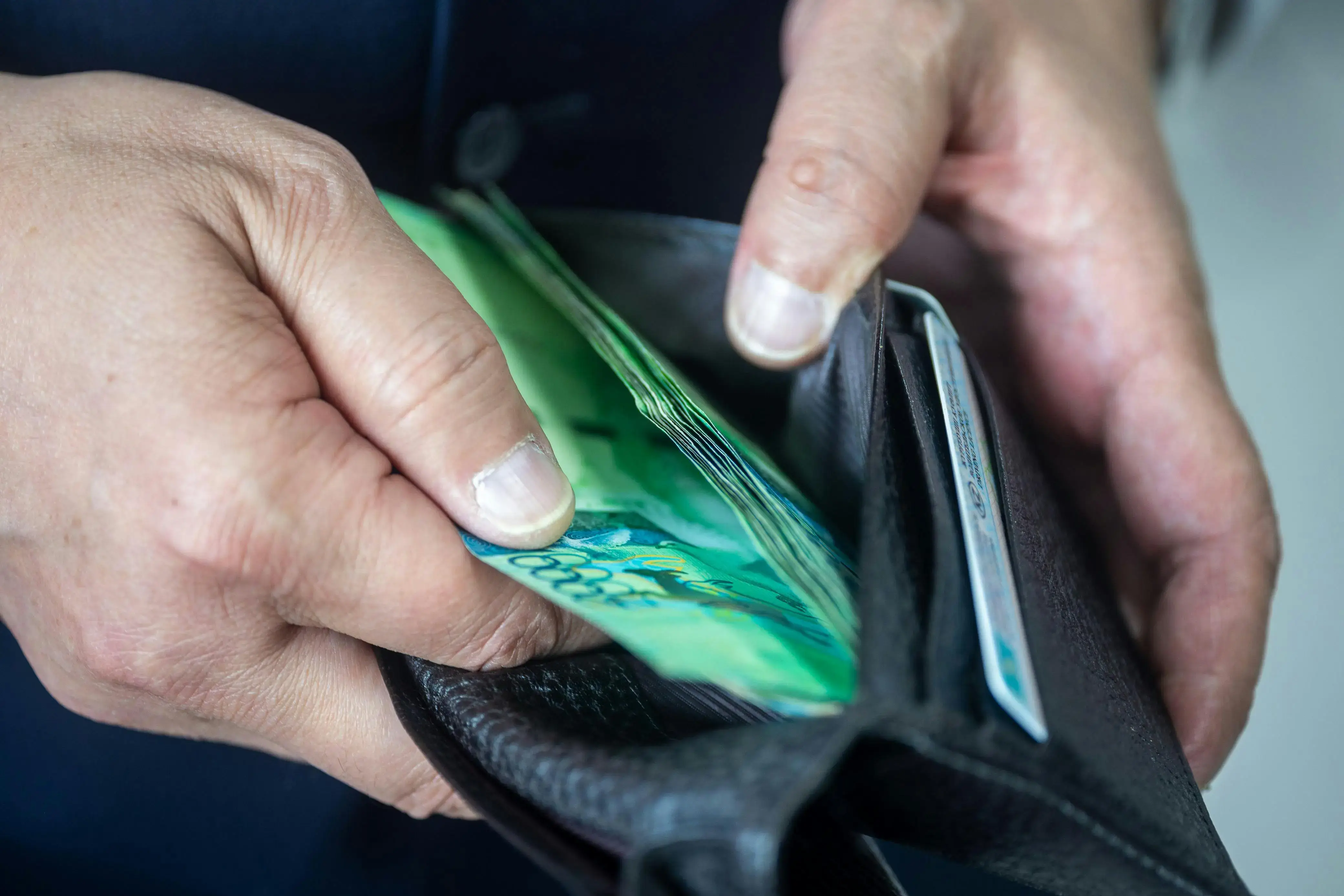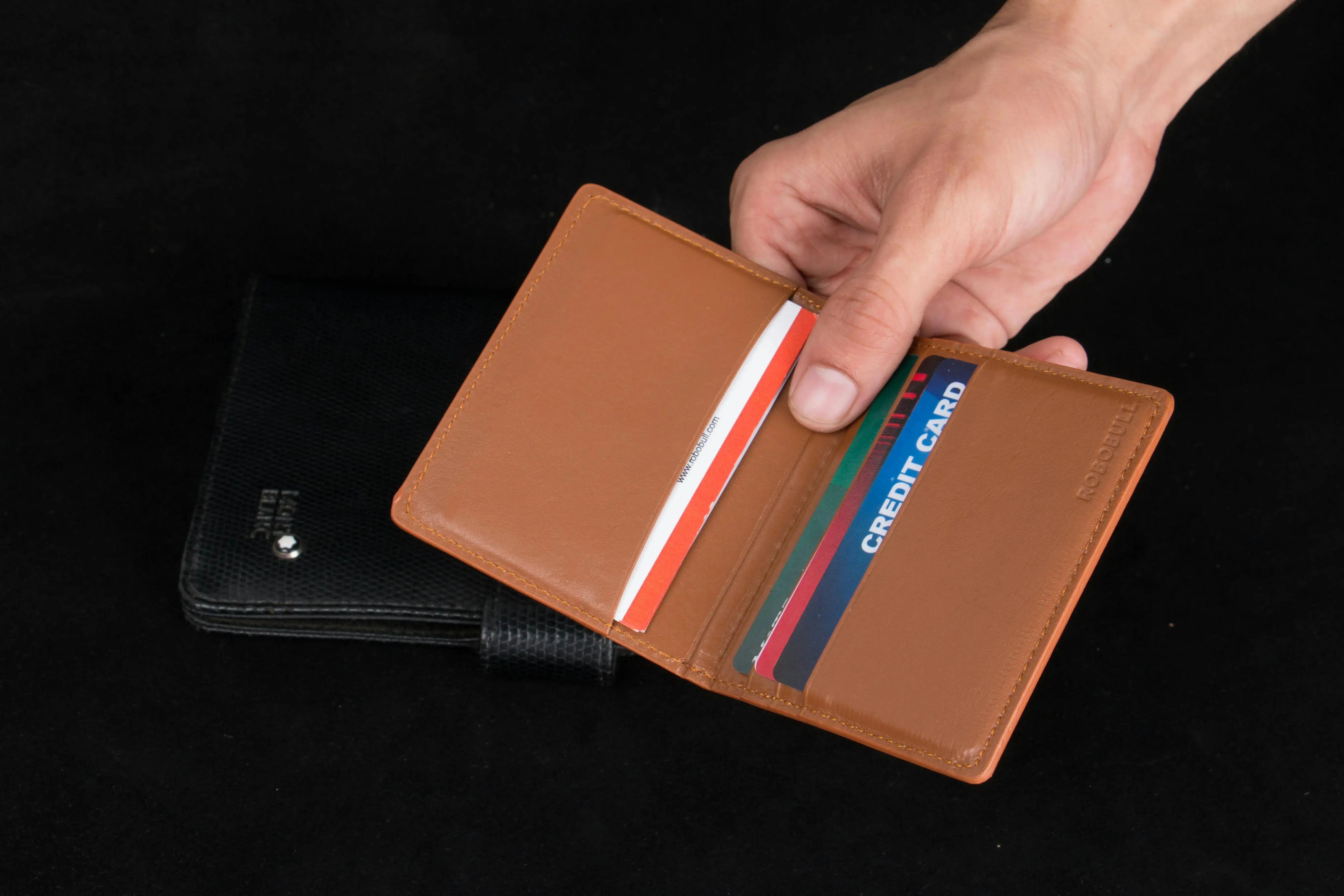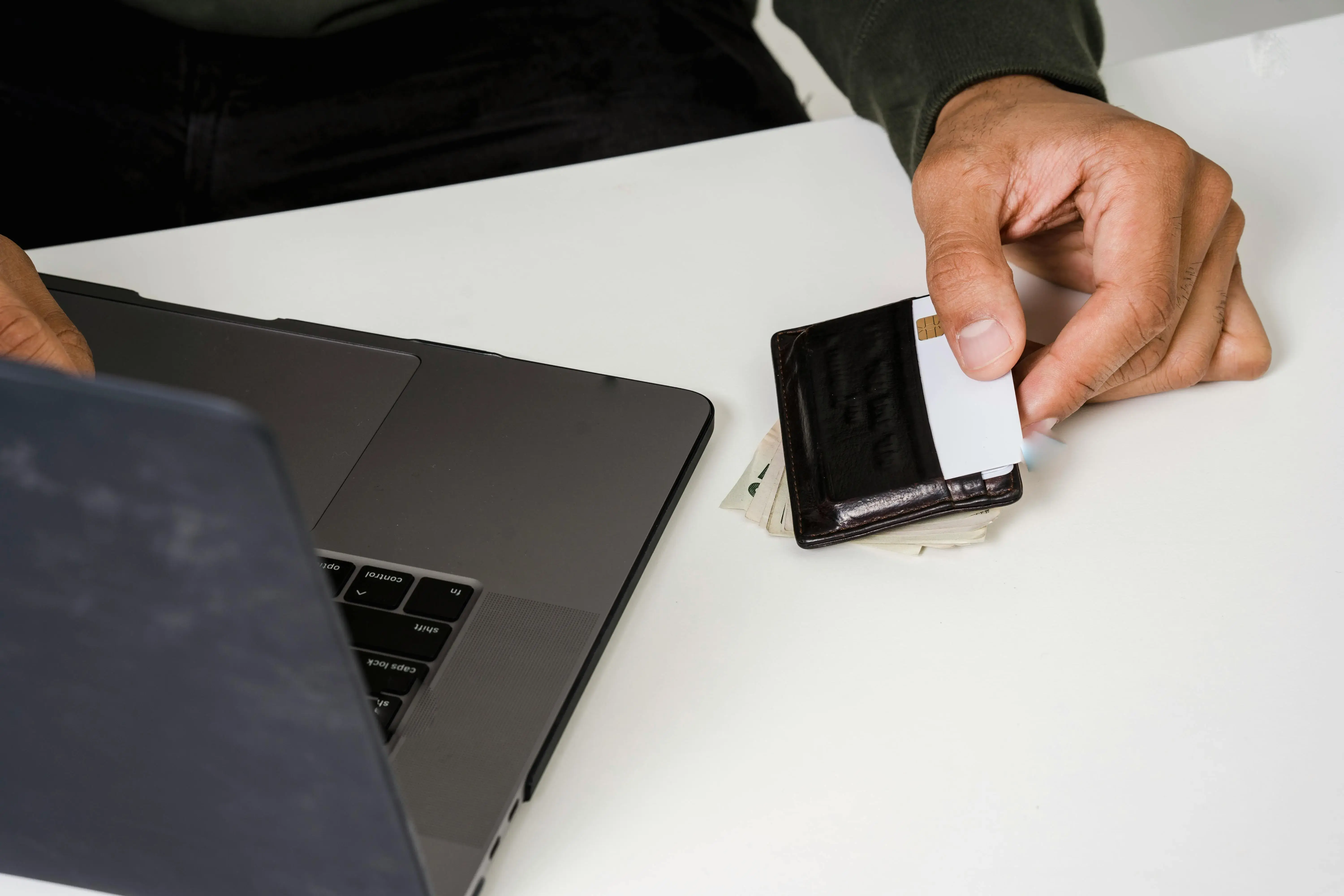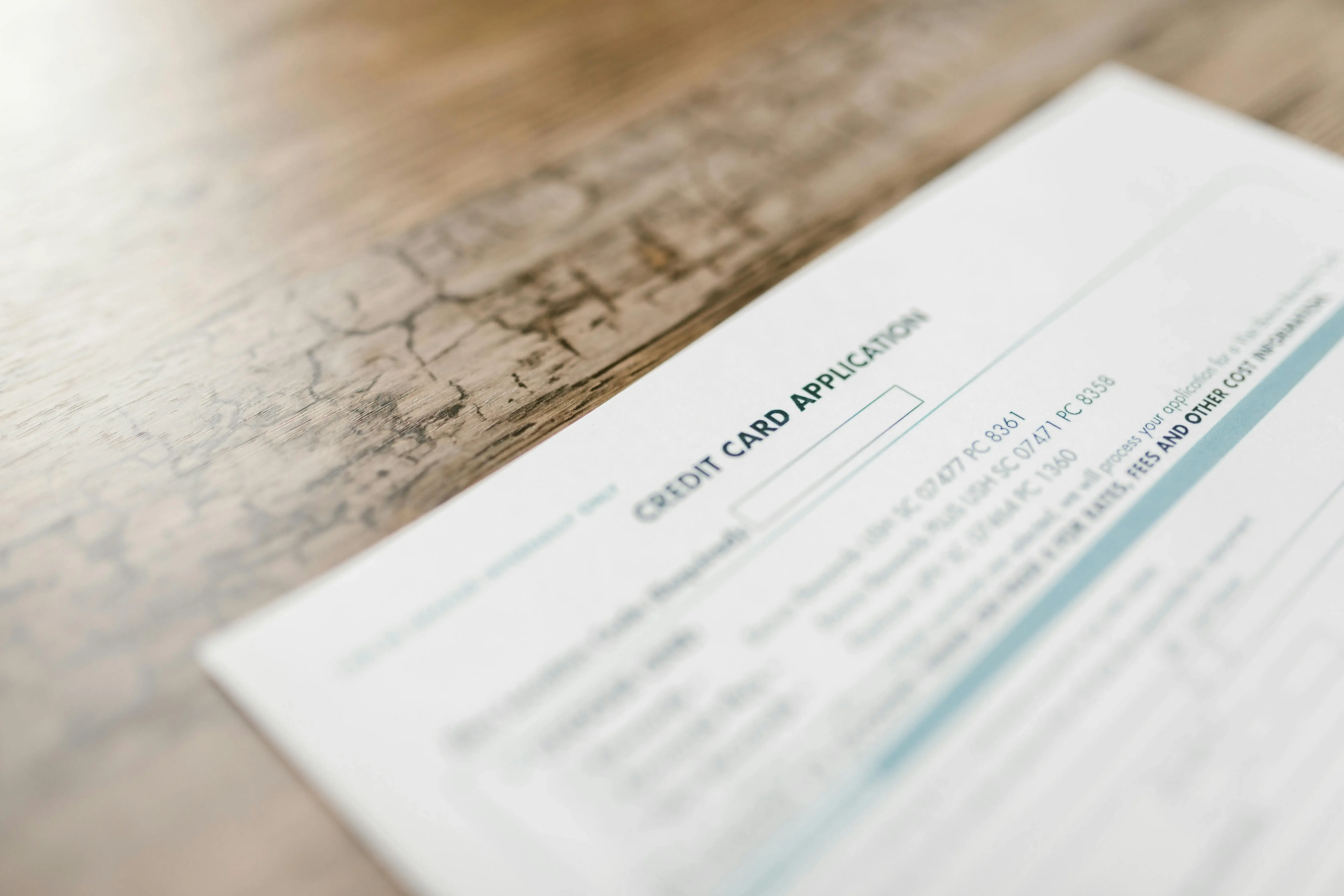
Kudos has partnered with CardRatings and Red Ventures for our coverage of credit card products. Kudos, CardRatings, and Red Ventures may receive a commission from card issuers. Kudos may receive commission from card issuers. Some of the card offers that appear on Kudos are from advertisers and may impact how and where card products appear on the site. Kudos tries to include as many card companies and offers as we are aware of, including offers from issuers that don't pay us, but we may not cover all card companies or all available card offers. You don't have to use our links, but we're grateful when you do!
Does Credit Card Debt Forgiveness Affect Your Credit Score?
July 1, 2025


Quick Answers
Settling debt for less than the full amount is recorded on your credit report as "settled," which can negatively impact your credit score.
The negotiation process may require you to miss payments, leading to delinquencies that will lower your score before the debt is resolved.
Although your score will likely decrease at first, successfully completing a forgiveness plan provides a clear path to rebuilding your credit over time.
What Is Credit Card Debt Forgiveness?
Credit card debt forgiveness is an arrangement where a creditor agrees to cancel a portion of a borrower's outstanding debt. In this process, the borrower negotiates to pay a lump-sum amount that is less than the total balance owed. Once the agreed-upon payment is made, the creditor considers the account settled and closes it.
This settlement directly impacts an individual's credit history and score. The account is reported to credit bureaus with a notation such as "settled for less than the full amount," which is viewed negatively by lenders. This mark remains on a credit report for up to seven years, indicating a failure to meet the original terms of the credit agreement.
How Credit Card Debt Forgiveness Could Affect Your Credit Score
Navigating credit card debt forgiveness can be tricky. While it offers relief, it's not without consequences for your financial health, particularly when it comes to your all-important credit score.
The Initial Agreement: The process begins when you and your creditor agree to settle the debt for less than the full balance. This negotiation is the first formal step toward forgiveness.
Reporting to Credit Bureaus: Once the settlement is paid, the creditor updates your account status with the major credit bureaus. It will likely be marked as "settled for less than full amount" or a similar notation.
Direct Score Impact: Credit scoring models view a settled account negatively because the original loan terms were not fully met. This notation will cause a drop in your credit score, signaling higher risk to future lenders.
Long-Term Record: The settlement remains on your credit report for up to seven years from the date of the original delinquency. While its negative impact diminishes over time, it remains visible to anyone reviewing your credit history.
How Much Will Credit Card Debt Forgiveness Affect Your Credit Score?
The impact of credit card debt forgiveness on your credit score isn't straightforward and depends on several factors. Here are some key considerations to keep in mind.
- Settled Accounts: When a creditor forgives debt, your account is often marked as "settled for less than the full amount." This notation is a negative mark that can lower your score significantly.
- Credit Utilization: On the plus side, reducing your total debt improves your credit utilization ratio. This key factor can have a positive long-term effect on your credit score once the initial hit subsides.
- Negative Mark Duration: A settled account typically remains on your credit report for seven years. This long-term negative item can impact future credit applications and the interest rates you are offered.
How You Can Avoid Credit Card Debt Forgiveness Affecting Your Credit Score
Negotiate a "Pay for Delete" Agreement
In a "pay for delete" arrangement, you negotiate with the creditor to remove the negative account information from your credit report in exchange for a settled payment. While not all lenders offer this, it can prevent any negative impact on your score from that account.
Offer a Lump-Sum Payment
Presenting a lump-sum payment can give you more leverage during negotiations. Creditors may be more willing to report the account as "paid in full" rather than "settled," which is viewed more favorably by credit scoring models and lessens the negative impact on your score.
Get the Agreement in Writing
Before making any payment, always get the settlement agreement in writing. This document should explicitly state how the creditor will report the account to the credit bureaus. A written contract ensures the terms you negotiated are honored and protects you from future disputes.
Ways to Improve Your Credit Score
Improving your credit score is an achievable goal that can significantly boost your financial health. With consistent, positive financial habits, you can see meaningful changes, according to an expert guide on the topic.
- Monitor your credit reports regularly. Obtain free reports from the three major bureaus to identify and dispute any inaccuracies that could be unfairly lowering your score.
- Establish automatic bill payments. Your payment history is the most significant factor in your score, so setting up automatic payments ensures you never miss a due date.
- Reduce your credit utilization ratio. Aim to keep your balances below 30% of your available credit by paying down debt or requesting a credit limit increase.
- Become an authorized user. Being added to someone's credit card account that has a strong payment history and low utilization can help improve your own credit profile.
- Diversify your credit mix. Lenders like to see that you can responsibly manage different types of credit, such as credit cards, installment loans, and mortgages.
- Limit hard inquiries. Avoid applying for too many new credit accounts in a short period, as each application can cause a temporary dip in your score.
The Bottom Line
Credit card debt forgiveness programs can offer significant financial relief, but they typically have a negative impact on your credit score. Weighing this trade-off is essential for your long-term financial health.
Frequently Asked Questions
Does credit card debt forgiveness hurt your credit score?
Yes, debt forgiveness programs typically lower your credit score initially because settling a debt for less than the full amount is noted on your credit report.
How long will debt forgiveness stay on my credit report?
A settled account can remain on your credit report for up to seven years, though its negative impact on your score will diminish over time.
Can I rebuild my credit after debt forgiveness?
Absolutely. You can begin rebuilding your credit score by making consistent, on-time payments on other accounts and using any new credit you obtain responsibly.
Unlock your extra benefits when you become a Kudos member

Turn your online shopping into even more rewards

Join over 400,000 members simplifying their finances

Editorial Disclosure: Opinions expressed here are those of Kudos alone, not those of any bank, credit card issuer, hotel, airline, or other entity. This content has not been reviewed, approved or otherwise endorsed by any of the entities included within the post.


































.webp)
.webp)



.webp)



